Top court to issue guidelines on illegal collection of evidence
Updated: 2014-12-09 08:05
By Cao Yin(China Daily)
|
||||||||
The top court is planning to issue guidelines on the exclusion of illegal evidence to protect human rights and prevent miscarriages of justice, said a judicial expert.
Under the current Chinese Criminal Procedure Law, statements obtained from suspects or defendants through torture, and evidence gained by threatening victims, are regarded as illegal and should be excluded from court proceedings.
But the draft guidelines, which consist of 40 articles, are intended to extend the definition of illegal evidence, said the expert. They will make evidence obtained by deceiving or threatening defendants and their relatives illegal, as well as excluding statements obtained through extended interrogation.
The expert is involved in drawing up the guidelines for the Supreme People's Court, but declined to be named.
The draft stipulates that interrogation sessions cannot last for longer than 12 hours, and suspects should have at least eight hours' rest a day.
"It is necessary to make it clear that people have a right to eat, rest and go to the toilet during interrogation, even if such requirements may be hard to enforce in practice," the expert said. "The final version may not be issued by the end of this year."
Fan Chongyi, a law professor at the China University of Political Science and Law, has been monitoring the drafting of the guidelines.
"We must deepen our understanding of the issue as our government stressed the importance of the rule of law at the Fourth Plenum of the 18th Central Committee of the Communist Party of China," he said, adding the provision of much clearer definitions of illegal evidence by the top court will be a significant development.
Tian Wenchang, a lawyer at the King and Capital Law Firm, said it is essential to regulate the attorney's role to exclude illegal evidence.
"We need rules that ensure lawyers can be present during interrogation, and the process can be recorded on video and audio," he said.
The draft will refine current rules. A 2013 guideline issued by the top court states that evidence obtained through torture is not admissible.
caoyin@chinadaily.com.cn
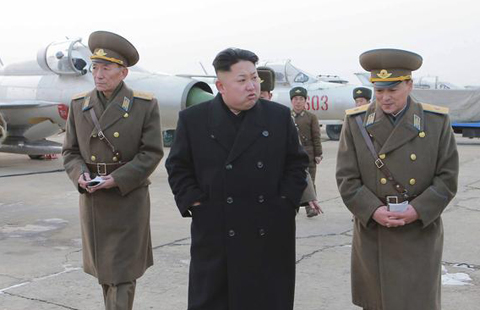
 DPRK leader inspects Air and Anti-Air Force
DPRK leader inspects Air and Anti-Air Force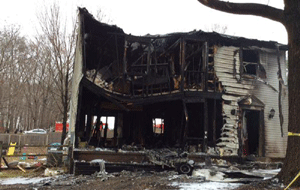
 Plane crashes into Maryland house
Plane crashes into Maryland house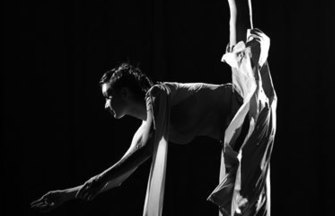
 Jackpot for artists
Jackpot for artists
 Kate visits NYC kids; Prince William joins Obama
Kate visits NYC kids; Prince William joins Obama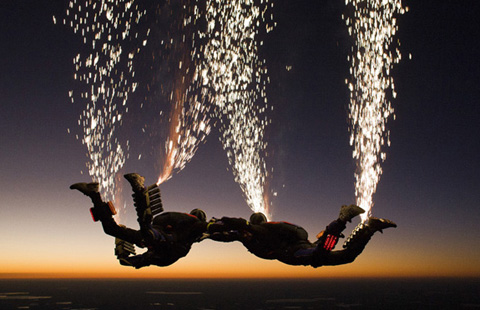
 More risk, more fun: extreme sports of 2014
More risk, more fun: extreme sports of 2014
 Penguins attracted to Chinese icebreaker Xuelong
Penguins attracted to Chinese icebreaker Xuelong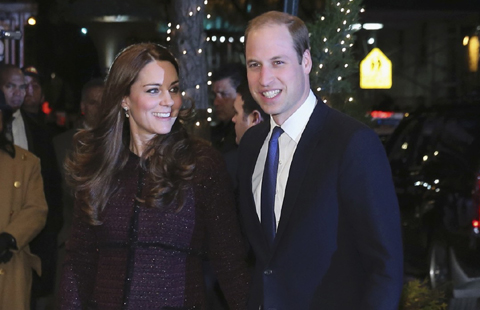
 Prince William and Kate arrive on first trip to NYC
Prince William and Kate arrive on first trip to NYC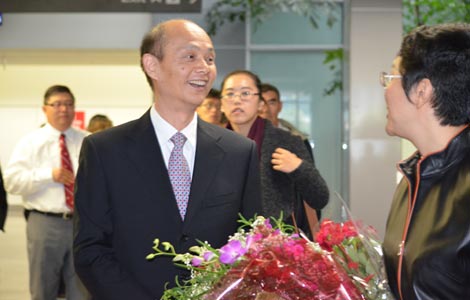
 Welcome aboard
Welcome aboard
Most Viewed
Editor's Picks
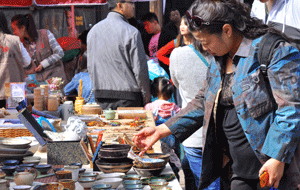
|

|
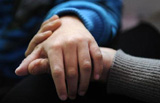
|
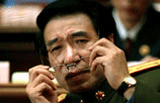
|
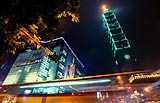
|

|
Today's Top News
China urges US to block arms sales to Taiwan
Chinese military urged to improve work style
Zuckerberg reads Chinese president's book
Economists recommend 7% growth goal in 2015
UN welcomes China pitching in on climate change
China's economy 'poised to face increased pressure'
Hard lesson learned as market continues to rise
China's supreme court backs Zhou's Party expulsion
US Weekly

|

|








